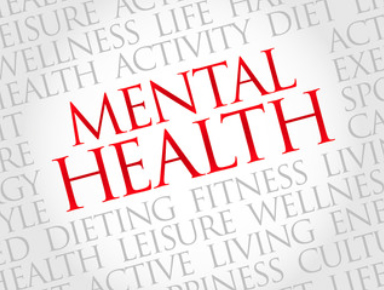 Based on widespread reports of a rise in mental health issues among postsecondary students across Canadian academic institutions, the Department of Anatomy and Cell Biology in McGill University’s Faculty of Medicine, felt it was imperative to examine the levels of anxiety, depression, and other mental health struggles among its student population.
Based on widespread reports of a rise in mental health issues among postsecondary students across Canadian academic institutions, the Department of Anatomy and Cell Biology in McGill University’s Faculty of Medicine, felt it was imperative to examine the levels of anxiety, depression, and other mental health struggles among its student population.
With the assistance of McGill Counselling and Mental Health Services, and in cooperation with student executive councils, the Department conducted an initial needs-assessment survey among all students registered in Anatomy and Cell Biology. With a response rate of 50% at each level of study, a total of 77% of undergraduate and 53% of graduate respondents indicated that their “mental health has been negatively impacted” during their studies at McGill.
“This response from our student population was particularly alarming in light of the fact that initial appointments with professionals at McGill Counselling and Mental Health Services require an average waiting time of four weeks, owing to the high demand,” explains Dr. Craig Mandato, Chair of the Department of Anatomy and Cell Biology.
During the same survey, students were asked to indicate whether they felt that they would benefit from the creation of an on-site mental health support network within the Department. Undergraduate students were overwhelmingly in favor of such an initiative, indicating that they would be most comfortable meeting to discuss mental health struggles with health care professionals, mentors and trained peers.
As a result of this feedback, the Department of Anatomy and Cell Biology was compelled to move forward with an initiative to create a front-line support program at the departmental level, “a unique program at McGill,” says Dr. Mandato. The Program will aim to provide a non-judgmental, listening service to students during a stressful time; to complement, and not seek to replace, the services provided by McGill Counselling and Mental Health Services; to help alleviate the critical time gap while students wait for professional assistance; and to serve as a point of referral to the multitude of campus resources available for mental health and wellness.
The Program allows students to make an online or in-person request for a secure, confidential meeting with a member of the team, based on the student’s preferences. The supporters in the program consist of faculty members, graduate and undergraduate students, and student affairs personnel, who have received two half-day trainings conducted by McGill Counselling and Mental Health Services, in order to equip them with the tools necessary to detect mental health struggle and provide relevant referral or assistance.
“The Anatomy and Cell Biology Mental Health and Wellness Support Program will work to enable our student population to maintain mental wellness in order to ensure continued social and academic success,” notes Dr. Mandato.
More information can be found at http://www.mcgill.ca/anatomy/mental-health-support
December 1, 2016
